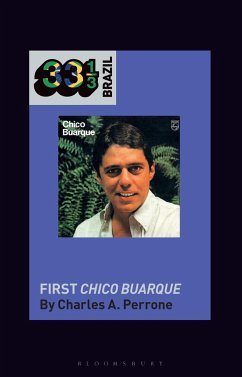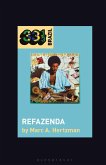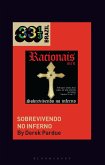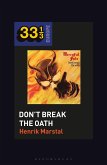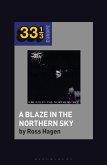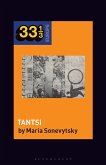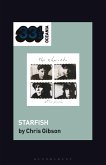Chico Buarque comprises a critical appreciation of the self-titled album (1978), which is one of the Brazilian artist's most representative. This vibrant collection displays the singer-songwriter's singular talents as a composer/poet of song with both popular appeal and keen analytical skills. The eleven tracks include both up-beat sambas and lyrical compositions: witty tunes, dramatic laments, international items, and, especially, epochal protest songs with fascinating histories. The album embodies Chico Buarque's affective sensibilities and sociopolitical engagement, and this book situates the album in inter-related contexts: the artist's own career; the evolution of the current he represents MPB (Brazilian Popular Music); and, especially, historical conjuncture?the period of military dictatorship in Brazil, 1964-85.

